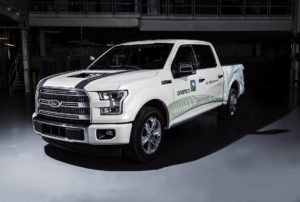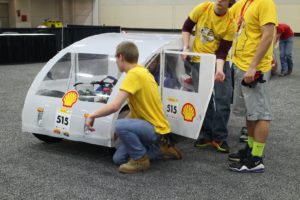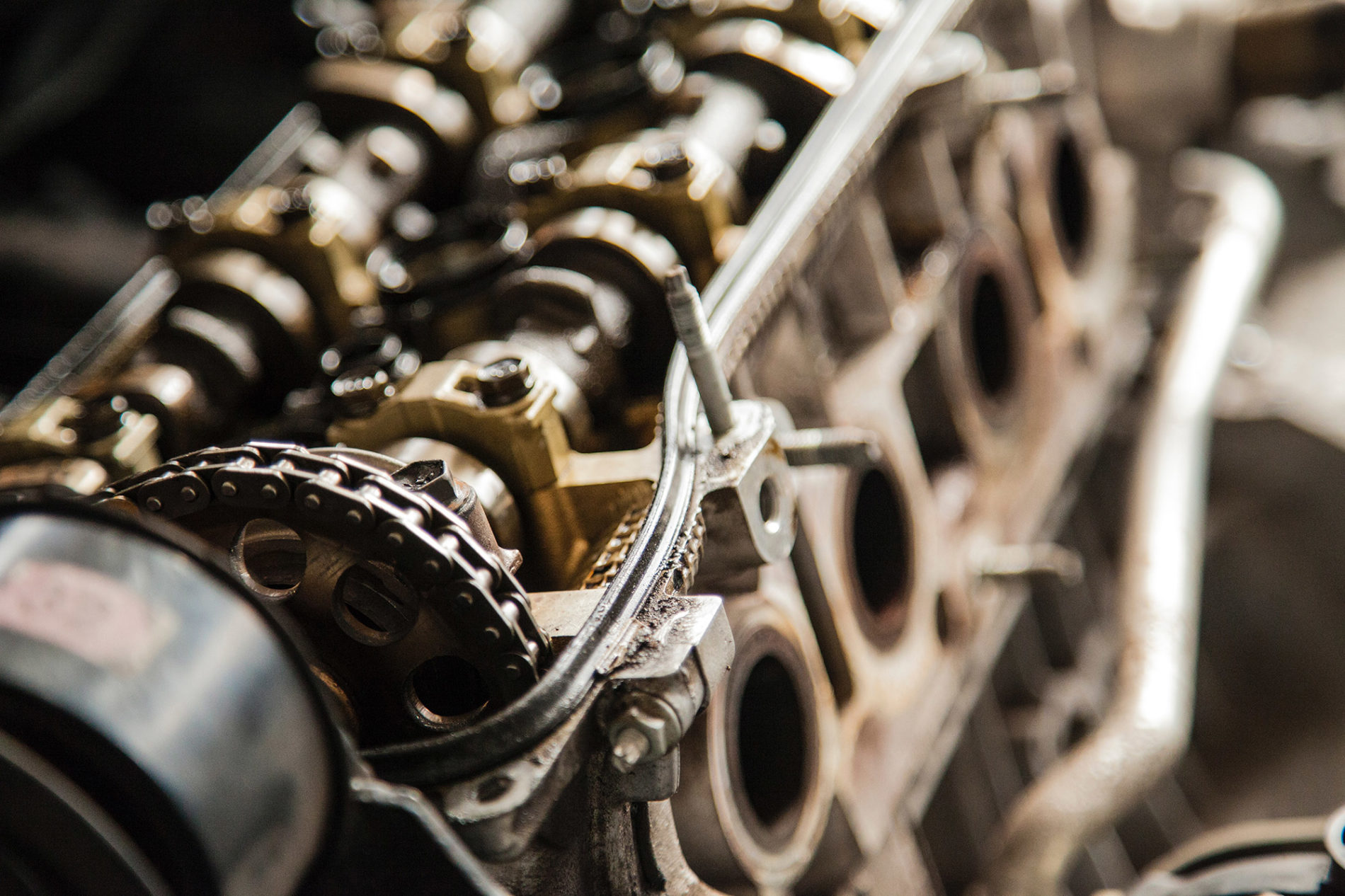As nations, automakers, and utilities contemplate how to tackle climate change in real terms, a perfect storm of competition is brewing that will—ideally—produce positive change for the rest of us.
Automakers and electric utilities have been incentivized to build electric vehicles and install vast numbers of public charging stations to support those vehicles’ deployment.
But they aren’t the only parties involved in cleaning up the air and cutting carbon emissions from vehicles. Now, Big Oil is investing money to clean up its act, too.
Saudi Aramco, the national oil company of Saudi Arabia, has placed its bet on making internal-combustion engines more efficient.
It believes fully 90 percent of vehicles on the world’s road in 2050 will still be traditionally powered, and technology advances in that area will have a greater impact than electric vehicles.
“The internal combustion engine is here to stay,” Saudi Aramco technology chief Ahmad Al Khowaiter told the British Financial Times during a tour of the company’s research plant near Detroit.

Achates 2.7-liter opposed-piston gasoline compression-ignition engine in Ford F-150 test pickup truck
While most of its research is focused on oil and its byproducts, Saudi Aramco has also partnered with companies that develop new engine technologies, such as Achates Power.
Achates (“Ah-CAY-tees”) showed its opposed-piston 2.7-liter gasoline compression-ignition engine at this year’s North American International Auto Show in Detroit, fitted into a Ford F-150 pickup truck that will begin on-road testing later this year.
Aramco announced it will be an integral partner in the process of developing and refining the engine to the point that its technology can be licensed to other companies for high-volume manufacturing.
After all, it’s in Aramco’s best interests to insure the continued use of oil in internal-combustion engines—though the net change is positive for the rest of us who breathe air in the near-term.
Aramco isn’t the only oil company promoting vehicular efficiency.
Since 1939, Shell has held the Eco-Marathon, which challenges teams to travel the highest distance they can on the energy contained in 1 gallon of gasoline (or its equivalent).

Student team vehicles at the 2015 Shell Eco Marathon Americas
While many of the vehicles built by student teams are far from saleable vehicles, the contest offers a glimpse into what’s to come in automotive efficiency in the future.
In the end, there’s no choice between wider acceptance of electric vehicles and working toward far more efficient internal-combustion engines.
Both are absolutely critical to tackling climate change in the future, as countries that have signed on to the Paris Agreement attempt to keep global temperatures from rising more than 2 degrees Celsius above pre-industrial levels.
Originally posted by Mark Stevenson on Green Car Reports (January 23, 2018) (View Original Article)
